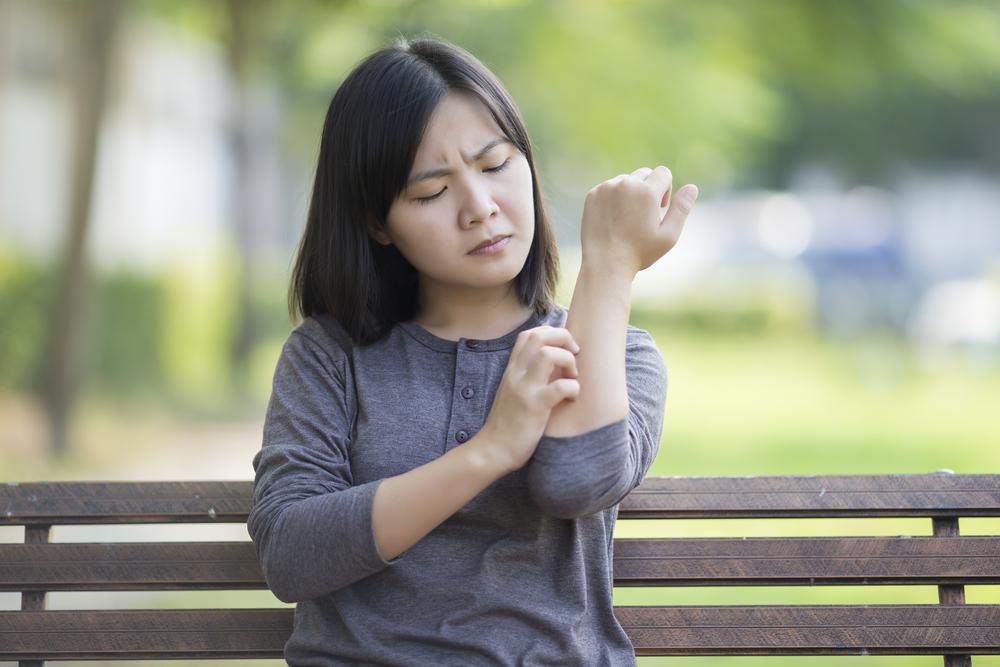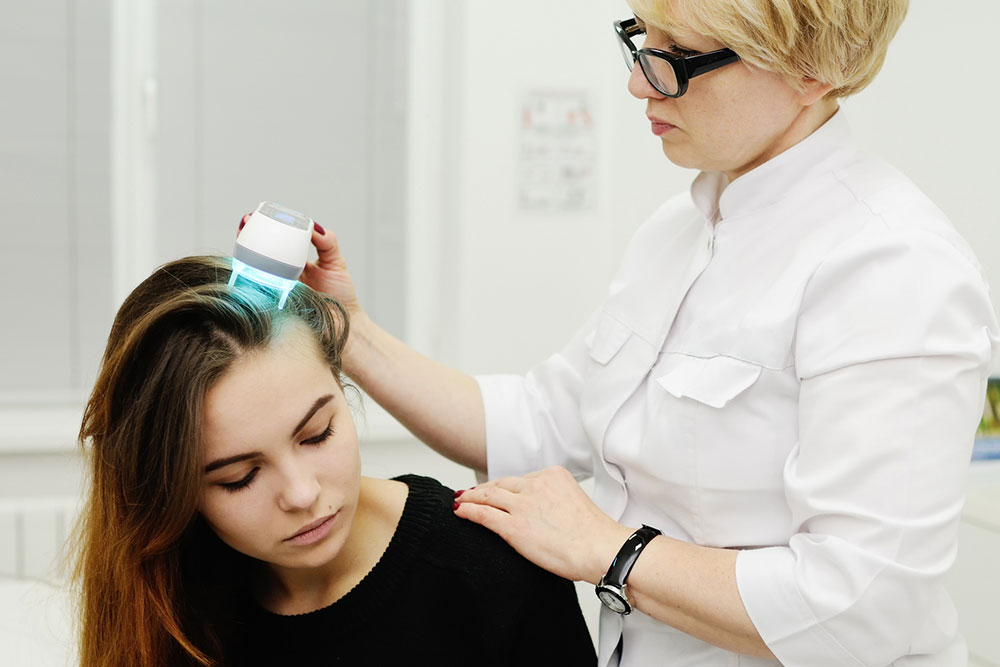Comprehensive Guide to the Top 8 Local Psoriasis Treatments and Their Benefits
This detailed guide explores the top 8 local therapies for psoriasis, highlighting their mechanisms and benefits. From moisturizers to natural remedies, learn how these treatments can effectively manage symptoms, improve skin health, and boost quality of life. Consult healthcare professionals before starting any new topical therapy to ensure safe and appropriate use. Stay informed on the best options for your psoriasis condition.

Comprehensive Guide to the Top 8 Local Psoriasis Treatments and Their Benefits
Psoriasis is a persistent and often frustrating skin condition characterized by the appearance of red, scaly patches that become itchy and uncomfortable. These skin lesions frequently develop on areas such as the knees, elbows, scalp, and back, significantly affecting a person’s quality of life. Managing psoriasis effectively requires understanding the available treatment options, especially topical therapies designed for mild to moderate cases. This comprehensive guide explores the eight most popular local therapies for psoriasis, their mechanisms of action, and their advantages, helping patients and caregivers make informed decisions in collaboration with healthcare providers.
Understanding Topical Treatments for Psoriasis
Topical therapies are a cornerstone in psoriasis management, particularly suitable for mild to moderate psoriasis. These treatments are applied directly onto the affected skin areas, targeting local symptoms and reducing inflammation, scaling, and itching. They are generally easy to use and have fewer systemic side effects compared to oral or injectable medications, making them a preferred initial treatment approach for many patients.
It’s important to note that patience is key when using topical therapies. Typically, benefits become visible after several weeks of consistent application, and some treatments require long-term maintenance. Consulting a healthcare professional before starting any new topical regimen ensures that the selected therapy is appropriate for your specific condition and skin type.
Varieties of Topical Psoriasis Therapies
Below are the most common topical treatments for psoriasis, including their roles, application methods, and benefits:
1. Moisturizers (Emollients)
Emollients are soothing creams or ointments that hydrate dry, scaly skin and create a protective barrier to prevent water loss. They are often the first line of defense in managing psoriasis, especially for mild cases. Regular use of moisturizers helps alleviate itching, reduces scaling, and enhances skin barrier function. These products are available over-the-counter or via prescription and can be layered with other treatments to improve overall skin health. Applying moisturizer immediately after bathing maximizes their effectiveness by locking moisture into the skin.
2. Dithranol (Anthralin)
Dithranol is a potent medication that directly influences skin cell proliferation, helping to slow down excessive growth responsible for psoriatic plaques. It’s typically prescribed for short-term use on the trunk and limbs under medical supervision to minimize side effects such as skin irritation or staining. Proper application involves precise timing and quantity, often in conjunction with phototherapy or other treatments to boost efficacy. Due to its staining property, Dithranol application should be done carefully to avoid staining clothing or bedding.
3. Salicylic Acid
This keratolytic agent is available as a cream, gel, or lotion. Salicylic acid helps loosen and remove thick scales, making other topical treatments more effective. It also has anti-inflammatory properties that reduce redness and swelling, easing discomfort. Regular application can help improve the appearance of psoriatic plaques and facilitate peeling off scales, enhancing overall skin texture. Patients should be cautious when using salicylic acid over large areas or on sensitive skin, as excessive use can cause irritation or absorption issues.
4. Coal Tar
Coal tar has been used for over a century as a topical therapy for psoriasis. Available in various strengths, from OTC shampoos and ointments to prescription formulations, coal tar reduces scaling, itching, redness, and inflammation. Its mechanisms involve slowing skin cell growth and exerting anti-inflammatory effects. Despite its effectiveness, coal tar can cause odor, skin staining, and photosensitivity, which requires patients to take precautions like avoiding sun exposure after application. Many patients appreciate its affordability and proven history of use in psoriasis management.
5. Vitamin D Analogues
These synthetic vitamin D derivatives, such as calcipotriol and calcitriol, regulate keratinocyte proliferation and immune responses. They are usually formulated as creams or ointments and are especially effective for scalp and body psoriasis. Applying vitamin D analogues helps slow down abnormal skin growth and enhances skin healing. They are generally well-tolerated, but overuse may lead to calcium buildup, so following dosage instructions is important.
6. Calcineurin Inhibitors
Medications like tacrolimus and pimecrolimus belong to this category and are particularly useful for sensitive areas such as the face, neck, and genitals. They work by suppressing immune responses that cause inflammation. Calcineurin inhibitors are typically used when other treatments are unsuitable or have caused adverse effects. They can be used as short-term or maintenance therapy, often in rotation with topical steroids, to control flare-ups while minimizing side effects like skin thinning.
7. Natural and Alternative Topical Therapies
Many patients seek relief with natural ingredients, including aloe vera, capsaicin, tea tree oil, turmeric, and other botanical extracts. These products may help soothe irritated skin, reduce inflammation, and improve skin healing. However, the safety and efficacy of natural remedies vary, so it’s crucial to consult with a healthcare professional before use. Performing patch tests to rule out allergic reactions is recommended, especially when trying new herbal or natural topical products.
In summary, the array of topical therapies for psoriasis offers effective options tailored to individual needs. Combining moisturizers with active medications can optimize symptom control and improve quality of life. Remember, consistency, patience, and professional guidance are essential to achieving the best outcomes. Regular follow-up with your healthcare provider ensures that your treatment plan stays effective and adjusts to changes in your condition, providing relief and restoring confidence in your skin’s health.





